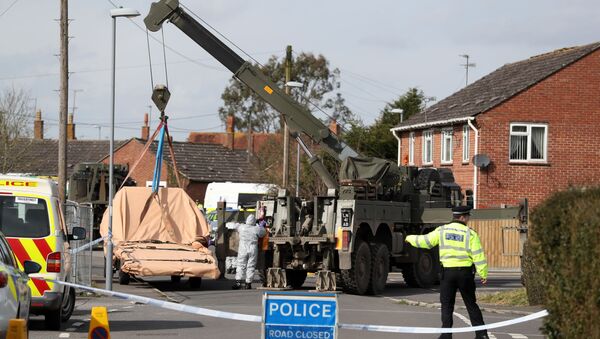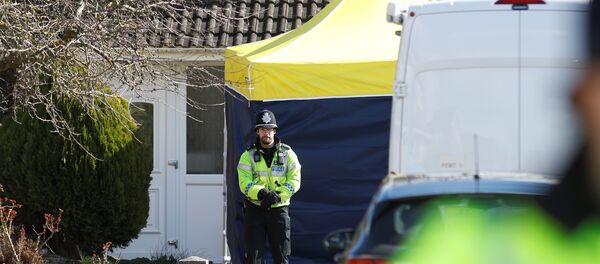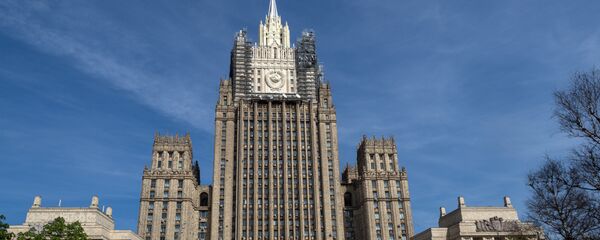"The purpose of Russia’s ludicrous proposal at The Hague was clear – to undermine the independent, impartial work of the international chemical weapons watchdog. Russia has had one goal in mind since the attempted murders on UK soil through the use of a military-grade chemical weapon – to obscure the truth and confuse the public," Johnson said, as quoted by the Foreign Office.
"It seems Russia will never accept the legitimacy of any investigation into chemical weapons use unless it comes up with an answer Russia likes," Johnson added.
In its statement, the UK Foreign Office said that during the OPCW meeting, held at Moscow's request earlier on Wednesday, Russia had also called for the emergency session of the UN Security Council on the Skripal poisoning case. Moscow demanded Wednesday's OPCW Executive Council session before the organization had finalized its own probe into the matter, the document noted.
READ MORE: OPCW Needs Intact Substance to Identify Skripal Poison — Analysts
Meanwhile, Uzumcu said in his address to the organization’s Executive Council that the results of the analysis of the samples its experts collected in Salisbury at London's request would be available by early next week. The OPCW will subsequently write a report on the analysis results and share it with the United Kingdom.
READ MORE: Skripal Poison Could Have Been Produced in US, UK, France — EU Researcher
The Russian embassy in the United Kingdom stated that the UK Foreign Office had refused to share with Russia the samples of the substance allegedly used for the Skripal's poisoning, along with the failure to respond Moscow's inquiries on his treatment.
Following the incident, British Prime Minister Theresa May stated that Russia was "highly likely" responsible for the attack on the Skripals and expelled 23 Russian diplomats. Expressing their solidarity with the UK position on the issue, more than two dozen countries expelled more than 150 Russian diplomats over the Skripal case.




